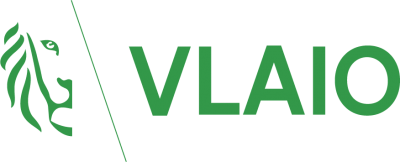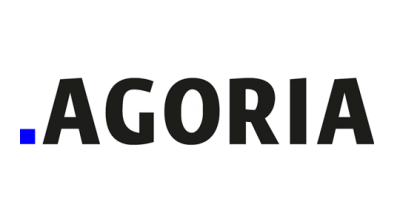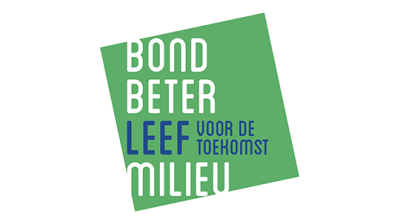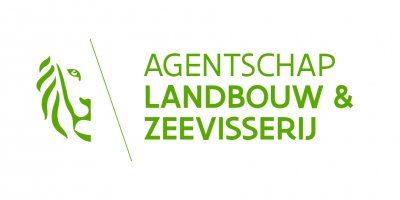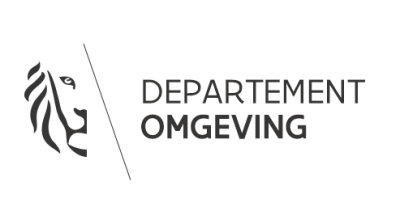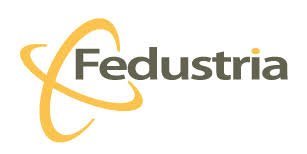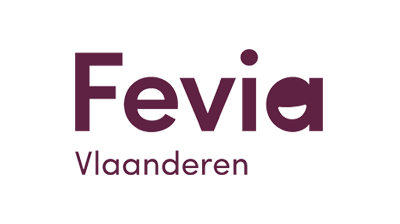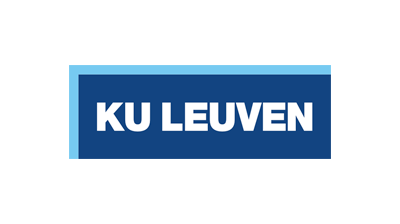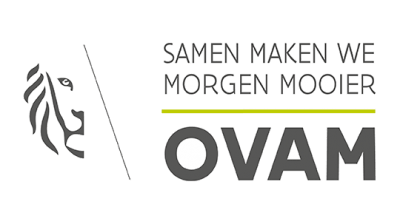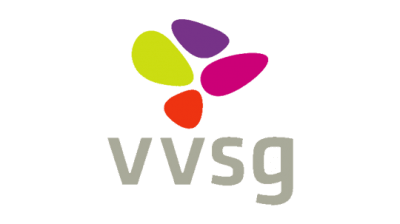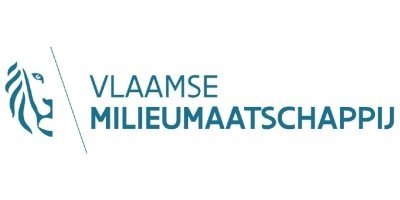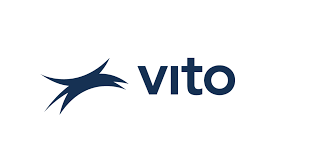ROOF FOOD
Incubator for roof agriculture
Despite the many social advantages and economic opportunities of urban agriculture, and more specifically roof agriculture, we notice that the increase of such projects is still difficult. Possible thresholds are high uncertainty (in terms of budget, management model, cultivation plan, etc.), a lack of practical knowledge and insufficient cross-sector collaboration.
With the ROOF FOOD project, we want to examine how we can lower these barriers by working on four objectives.
First, we want to gain more insight into circular roof agriculture on our own roof garden in Gentbrugge.
Secondly, we examined how roof gardens can best be put on the market. What are suitable (business) models for roof agriculture and what are the preconditions for success? And how can we convince property owners and project developers of the added value of a roof garden on their project?
Thirdly, we wanted to test the learning lessons from the above objectives in a new pilot project: a collective stand garden at De Nieuwe Dokken in Ghent.
Finally, we tested a series of innovative concepts to test our roof garden in Gentbrugge against economic reality: short-chain catering, roof dinners, lectures and tours.
Key results |
Key lessons learned |
|
|
What will the future bring?
Currently, we are looking into the best way to further expand the ROOF FOOD project in cooperation with partners.
In addition to the expansion of our roof garden in Gentbrugge for 20 allotment holders, we also want to focus on two new projects in 2021: a collective city vegetable garden 'De Dokkerij' for and by the neighbourhood (Ghent) and the greening of paved city squares in an innovative way (Berchem).
ROOF FOOD cvba
Partners Innec, ILVO (Instituut voor Landbouw-, Visserij- en Voedingsonderzoek), ProNatura vzw
